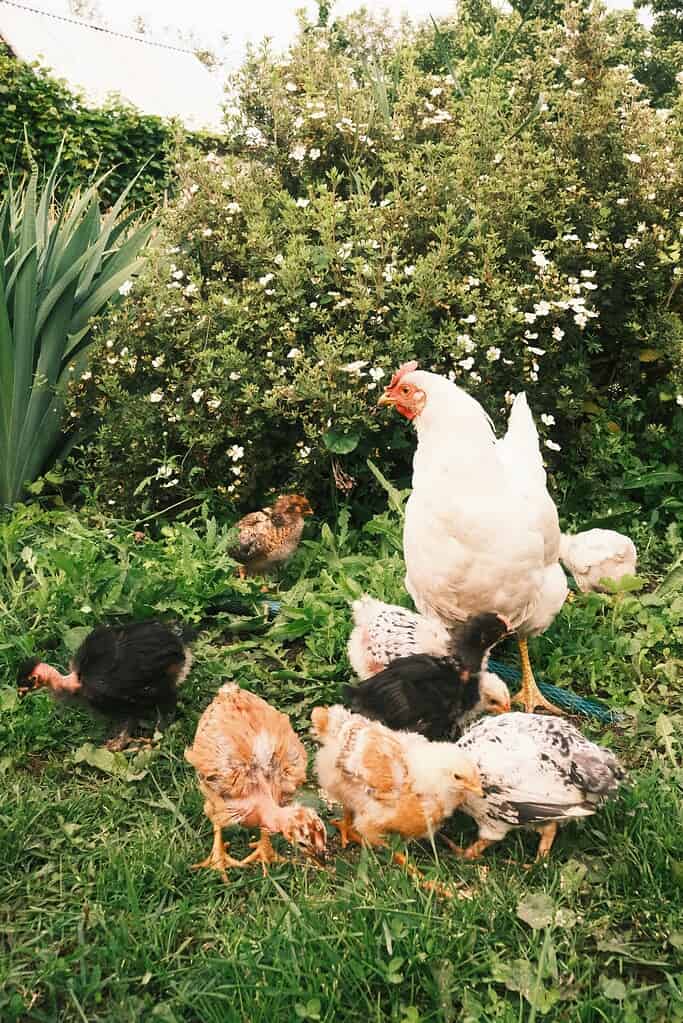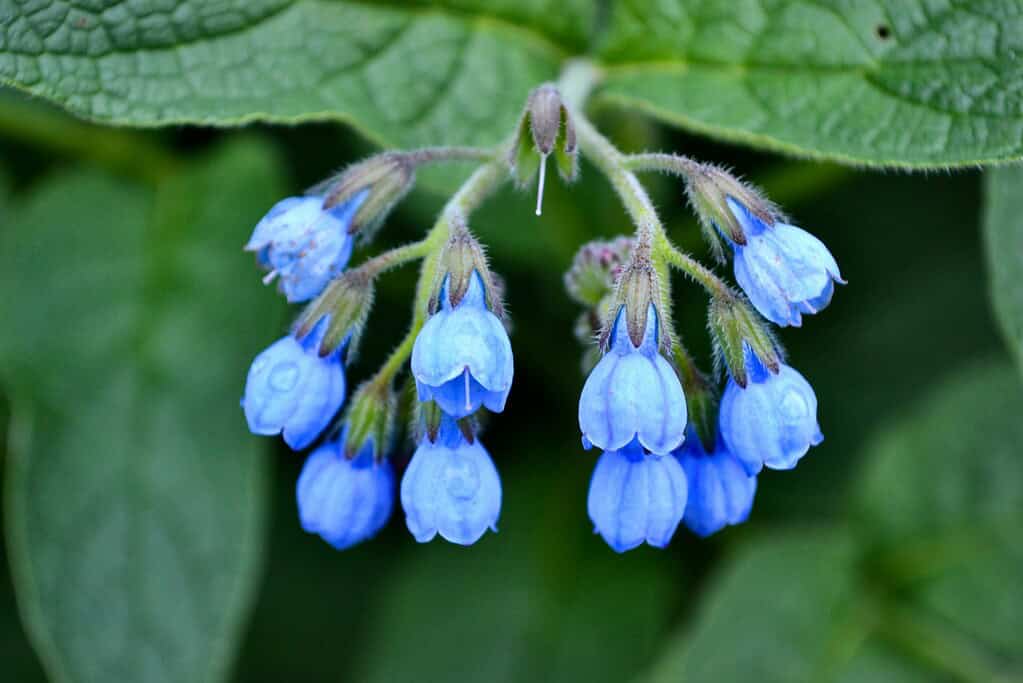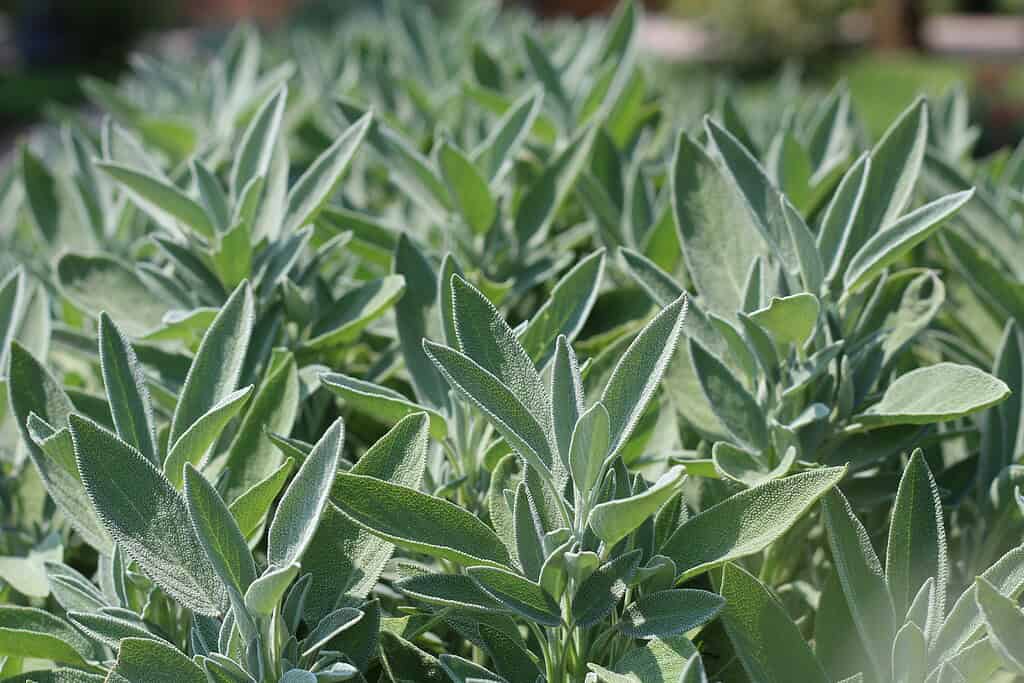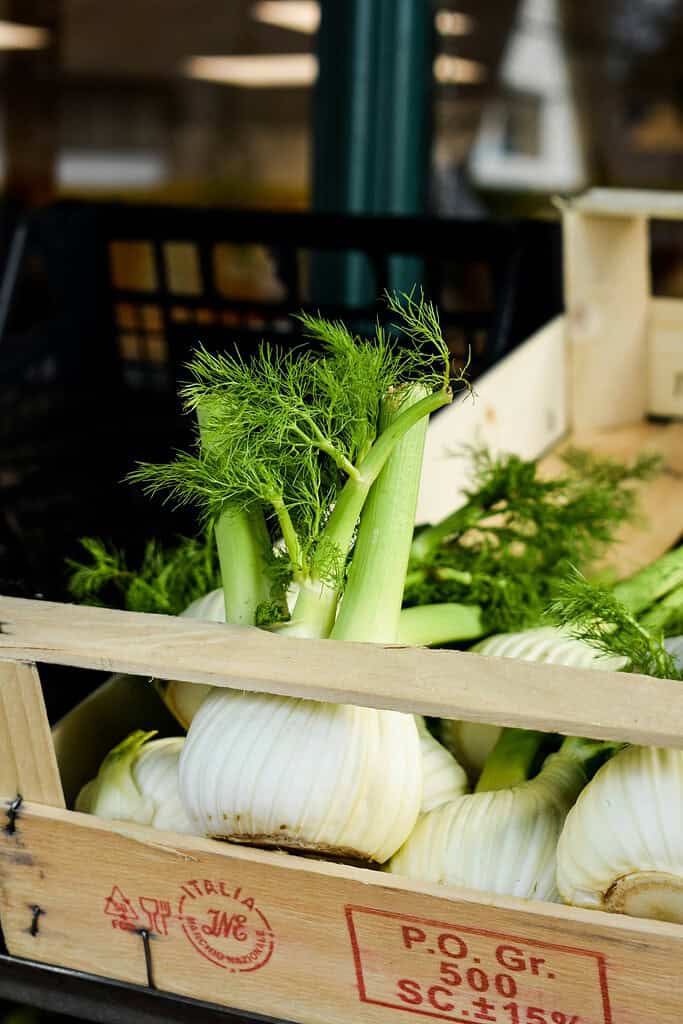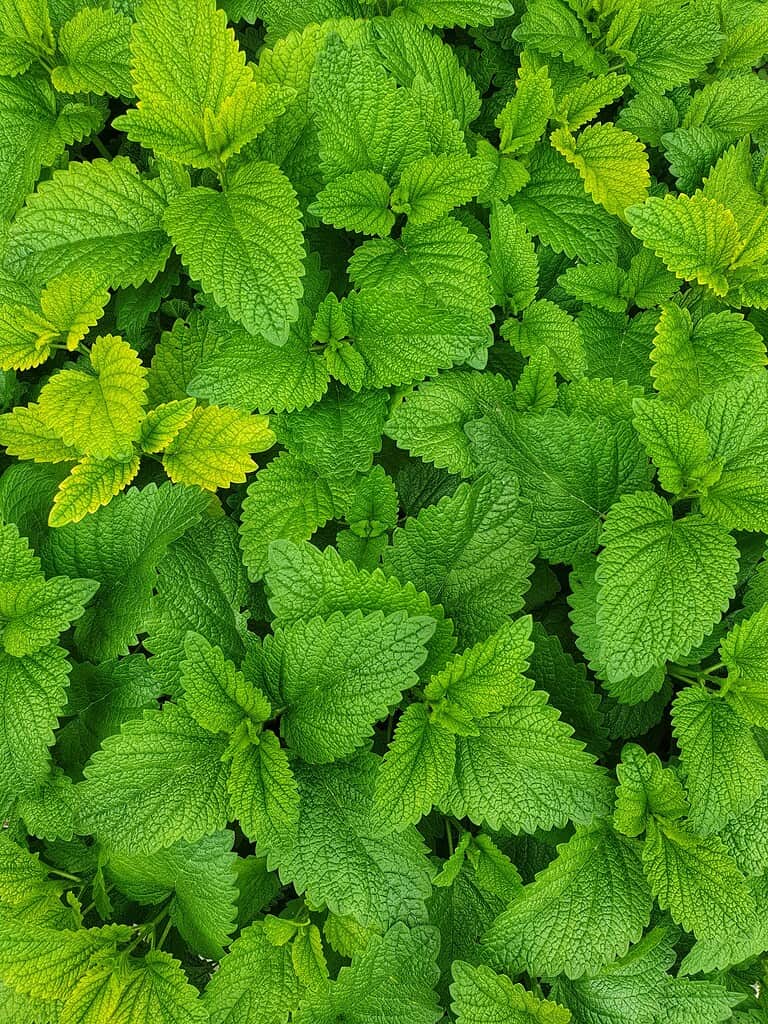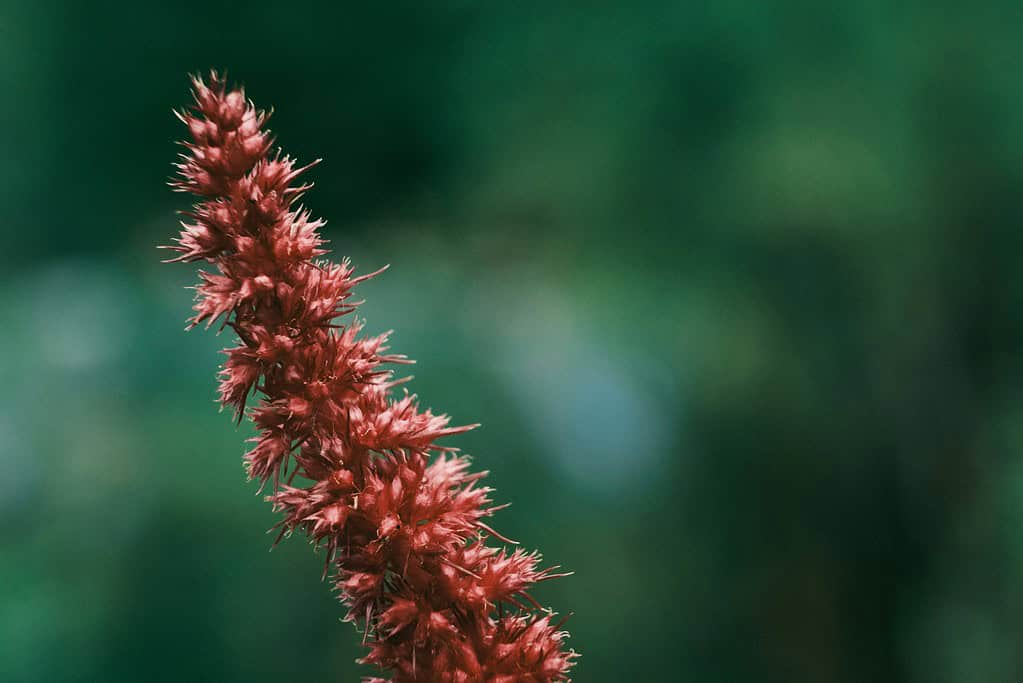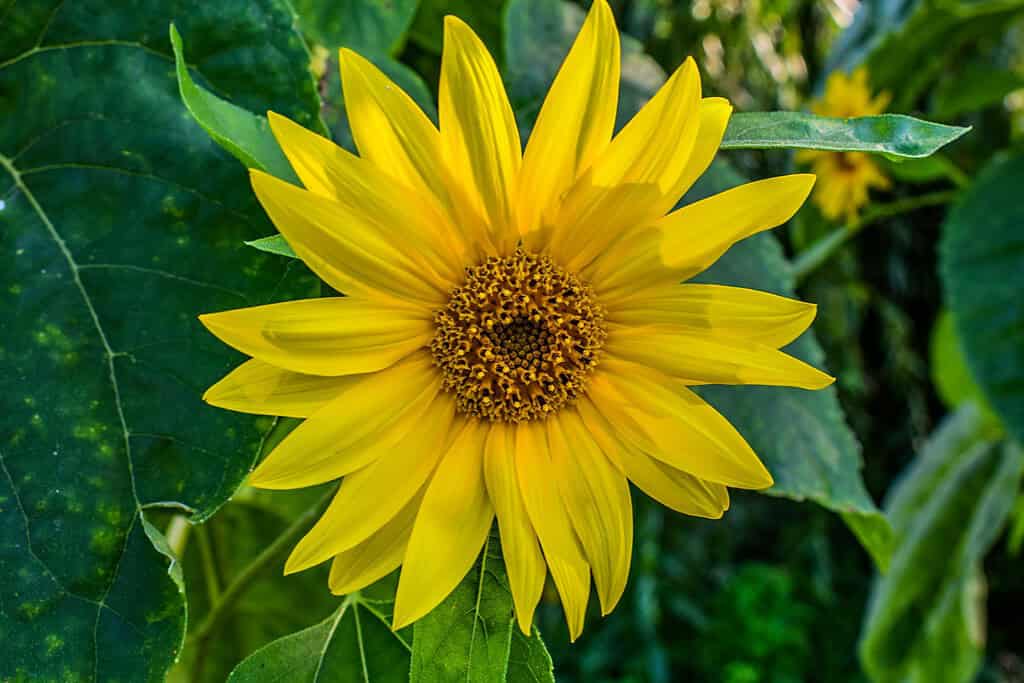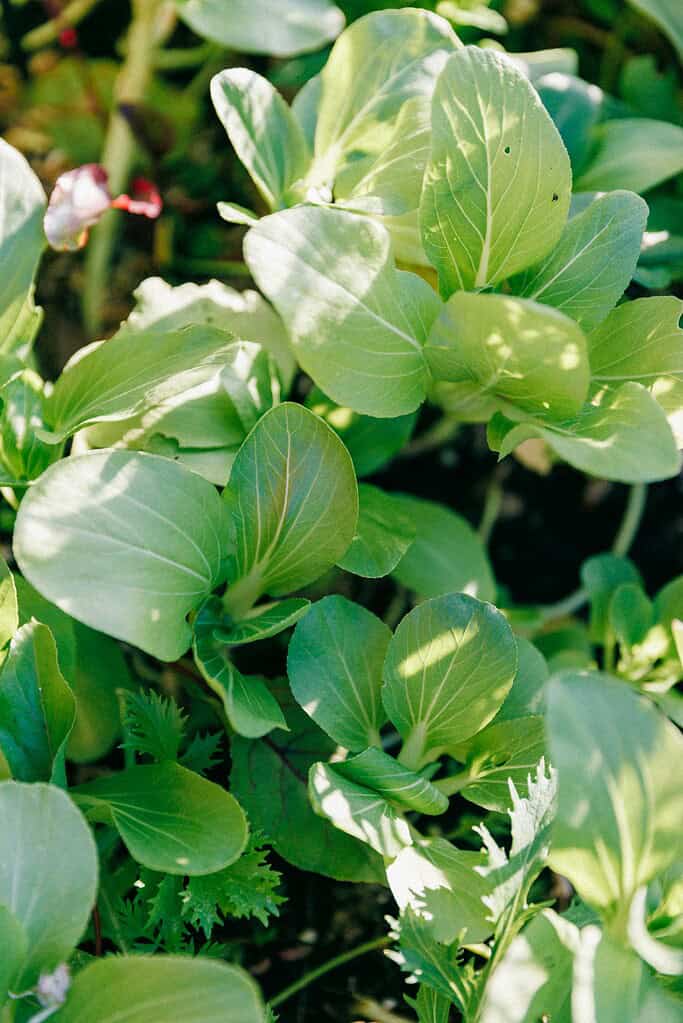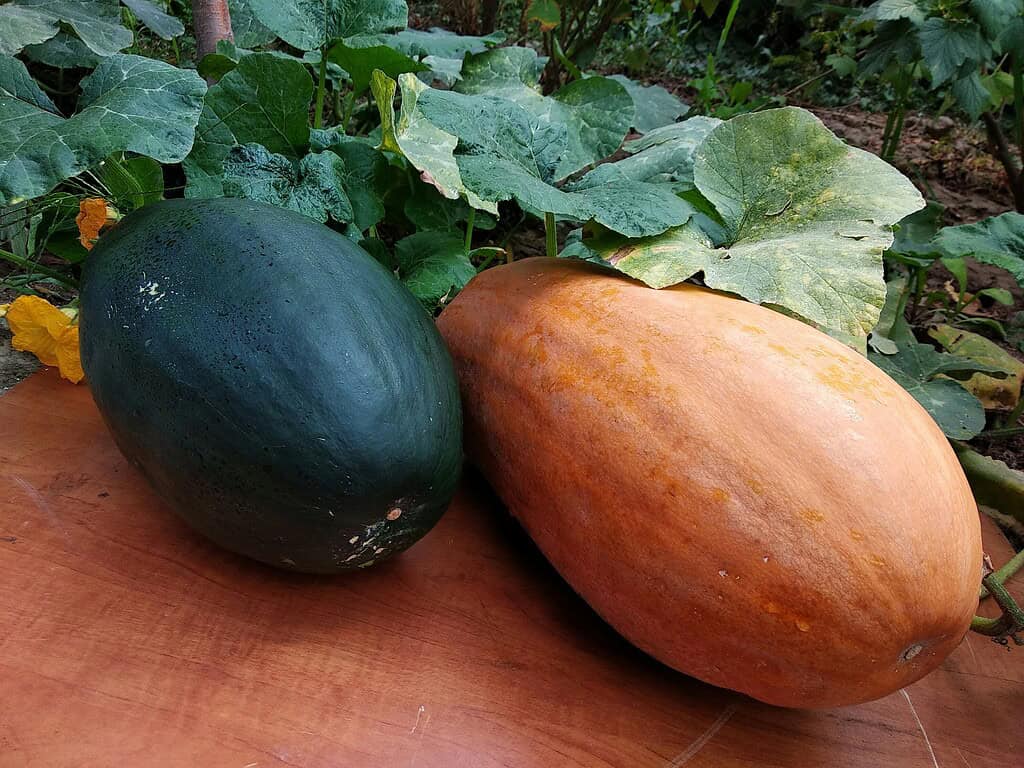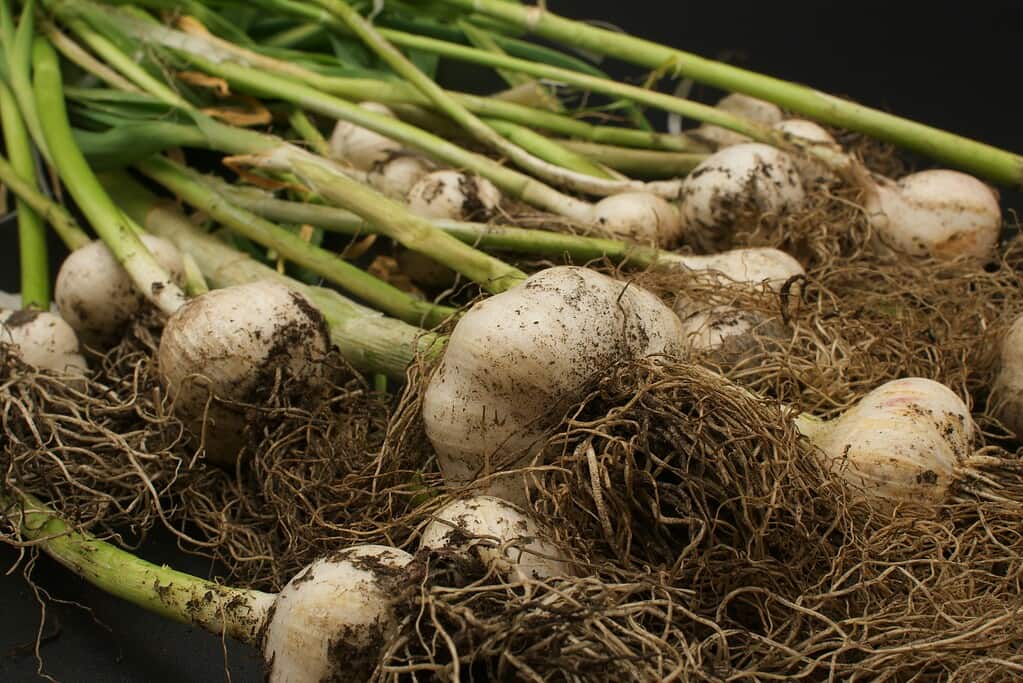If you’ve got chickens running around your place, you already know they’ll eat just about anything green.
But not every plant is the same when it comes to keeping your birds healthy.
Some can help them lay better eggs, fight off sickness, or even keep bugs away – without you having to spend extra on supplements or treatments.
In this article, I’ll walk you through 15 plants that are not just safe for chickens but actually good for them.
These are plants you can grow in your yard, garden, or around the coop that’ll make life better for your flock (and maybe save you a few bucks, too).
If you’re just getting started and want the bigger picture, check out my guide on raising chickens for beginners.
Why Grow Plants for Your Chickens?
Growing plants for your chickens is one of the easiest and most natural ways to keep your flock healthy without having to rely too much on store-bought feed or treatments.
Health Benefits
A lot of the plants chickens like to eat are packed with good stuff – vitamins, minerals, and even natural medicine.
Some help with digestion, some support their immune systems, and others act like natural bug repellents or dewormers.
You’re not just feeding them – you’re helping prevent problems before they start.
Cost Reduction
It also cuts down on costs. If you’re already growing herbs, greens, or veggies in your garden, chances are you’ve got extras you can toss to your birds.
Even weeds like dandelions or clover can turn into free feed.
Even weeds like dandelions or clover can turn into free feed, and you can stretch things even further by trying your hand at homemade chicken feed.
Behavioral Enrichment
Plus, chickens are curious animals. Giving them plants to nibble on or dig through keeps them busy, especially if they’re in a run.
It can help reduce boredom and stress, which makes for a calmer, healthier flock overall.
So whether you’ve got a big yard or just a small garden patch, planting a few things with your chickens in mind can go a long way.
You can even mix in a few simple enrichment setups (like these practical chicken playground ideas) to keep them entertained year-round.
Grow These 15 Plants for Your Chickens
If you’ve got a bit of space to grow a few extra plants, your flock will thank you for it.
The plants listed here aren’t just safe to feed – they actually help with things like egg quality, disease prevention, and even keeping pests away.
Some grow like weeds, others are easy to dry and store for later, and most of them pull double duty in the garden.
Here are the 15 plants that work well for both chickens and the folks raising them.
1. Comfrey
Comfrey is one of those hardy plants that can take care of itself once it gets going. It’s packed with protein, calcium, and potassium, which are great for hens that are laying eggs.
The leaves grow fast and thick, so you can pick them often during the warmer months. A lot of folks like to dry bunches of it and store it for winter when there’s not much green to give the flock.
Just toss some into the run or mix it in with their feed, and they’ll gobble it up. It’s not something they should eat every single day in huge amounts, but it’s a solid supplement.
2. Oregano
Oregano is more than just a kitchen herb – it’s one of the best natural health boosters you can grow for your chickens.
Studies have shown it helps fight off common poultry problems like salmonella, coccidiosis, E. coli, and even avian flu.
That’s why some people call it a “natural antibiotic.” Chickens usually like the taste, and it’s easy to grow a bunch of it for regular feeding.
You can offer it fresh, dry it and crush it into their feed, or even steep it in warm water to make a kind of herbal tea for your flock during colder months.
3. Thyme
Thyme is another low-maintenance herb with big benefits. It’s known for helping support respiratory health, thanks to its antibacterial and antifungal properties.
That’s especially useful if your chickens are dealing with dusty bedding, cold weather, or if they’re stuck in the coop more than usual.
Chickens won’t typically eat thyme by the handful, but you can sprinkle it in their feed or hang bunches in the coop to let them pick at it as they like.
Some chicken keepers even add sprigs to nesting boxes for chickens to help freshen things up and discourage pests.
It’s also easy to grow and harvest throughout the year, which makes it a great herb to keep in rotation.
4. Sage
Sage isn’t just good for stuffing at Thanksgiving – it’s also a useful plant for your flock’s overall health.
It acts as an antioxidant and can help prevent issues like salmonella, which is something no chicken keeper wants to deal with.
You can grow it alongside other herbs, and once it’s established, it doesn’t take much care. Chickens usually eat it fresh when they want it, or you can dry it and mix it into their feed now and then.
It’s a good herb to have on hand year-round, especially if you're trying to give your chickens a health boost without using medication.
5. Fennel
Fennel is another plant that’s easy to grow and fully edible for chickens. They can eat both the leaves and seeds, and it’s known to support digestion and general health.
The plant also attracts pollinators to your garden with its bright yellow flowers, which means more bugs for your chickens to snack on.
You can grow fennel along the edge of your garden or let it self-seed in a patch just for the flock.
Once it’s ready, just snip off some leaves or seed heads and toss them into the run.
6. Mint (All Varieties)
Mint is one of those plants that pretty much takes care of itself. It spreads fast, smells strong, and chickens love pecking at it. All types (spearmint, peppermint, catmint) are safe for chickens to eat.
The smell of mint can help deter insects like flies and mosquitoes, and some folks say it even helps keep mice away from the coop.
You can let it grow wild around the chicken run or harvest it to toss into their feed or water.
It's refreshing during hot weather and works well as a natural insect repellent at the same time.
7. Lavender
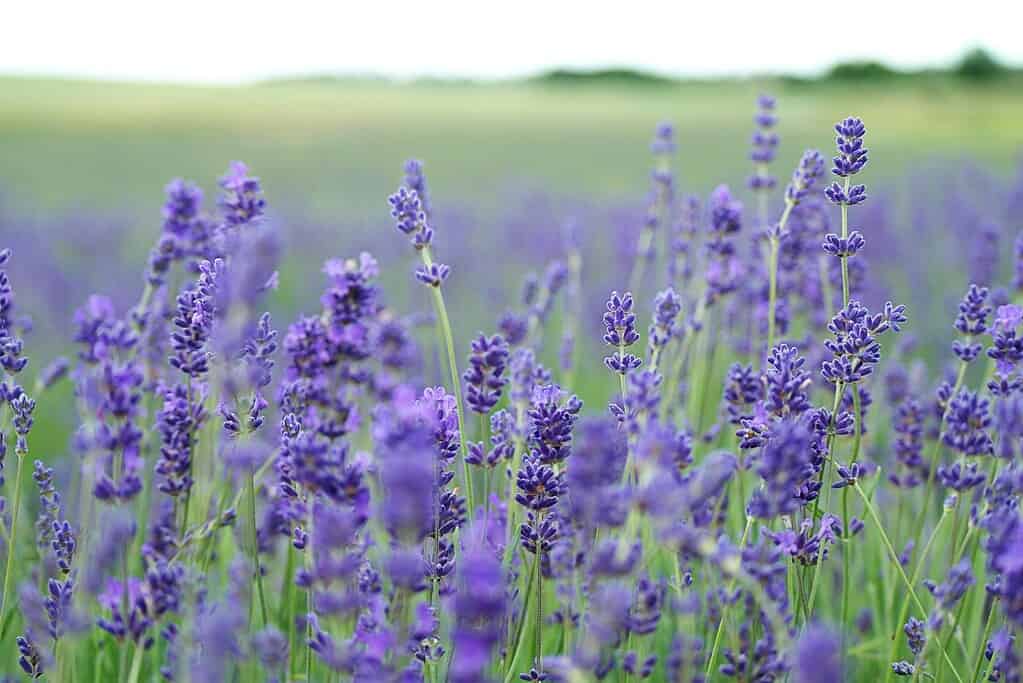
Lavender might be better known for its scent, but it’s also helpful around the chicken coop.
The smell alone can calm your flock, which is useful during stressful times like hot weather, predator scares, or when you're introducing new birds.
On top of that, lavender helps keep flies, mosquitoes, and lice away.
You can hang dried bundles in the coop or grow it nearby and let the chickens nibble at it as they like.
It’s not a major food source, but it adds to the overall health and comfort of your flock – especially when combined with a few smart coop ideas that make daily care easier.
8. White Clover
White clover is one of the best ground covers you can grow for chickens. It’s high in protein, which supports egg production and healthy growth, and it bounces back quickly after being grazed.
That means you can plant it in areas where your chickens roam and not worry about it getting wiped out. Chickens love to forage through it, and since it’s a legume, it also helps improve the soil.
It’s a great option for anyone looking to combine chicken care with pasture or garden management.
9. Amaranth
Amaranth grows tall and puts out colorful flower spikes that produce a ton of seeds. Both the seeds and the leaves are edible for chickens and offer solid nutrition – especially healthy carbohydrates.
The leaves come in shades of green and deep purple, and chickens will pick at both. It’s a tough, heat-tolerant plant that doesn’t need much fussing over.
Let the seeds mature, then shake them loose into a feed tray or let the chickens peck them straight off the plant.
10. Sunflowers
Sunflowers are one of those plants that serve a lot of purposes. The seeds are full of protein, healthy fats, and omega-3s, which help support egg production and general health.
Chickens love picking the seeds out, and you can cut the heads off, dry them, and save them for winter feed. The plants also attract bees and other pollinators to your garden.
They're easy to grow, don’t need much maintenance, and look good while doing it. You get beauty, nutrition, and usefulness all in one plant.
11. Cucumbers
Cucumbers are a great summer plant for chickens.
They’re full of water, which helps keep your flock hydrated on hot days, and they also have natural compounds that may help reduce intestinal worms.
Chickens will eat both the fruit and the vines – though some of the bristlier varieties might get left alone.
You can slice a few open and toss them in the run, or grow a few extra in your garden for them to enjoy during peak heat.
If you’re new to growing them, here’s a simple guide on how to grow cucumbers so you’ll have plenty for both your table and your flock.
They're also part of the same plant family as pumpkins and melons, which have similar health benefits.
12. Leafy Greens
Leafy greens are a favorite among chickens, and they’re packed with nutrients.
Varieties like kale, collards, Swiss chard, romaine, mustard greens, and miner’s lettuce can all be grown for your flock.
Chickens will peck away at the leaves throughout the growing season, which makes these plants easy to keep in rotation.
- Kale and collards are full of vitamin A and calcium and grow best in cooler weather.
- Swiss chard regrows after picking and can handle regular grazing.
- Spinach and chard are best fed in moderation since they contain oxalic acid, which can mess with calcium absorption if overfed.
You can grow these in garden rows, raised beds, or even tuck them into empty spaces near the coop.
If you’d like to switch things up, here are some simple raised garden bed ideas that make it easy to grow greens while adding a little charm to your garden space.
13. Pumpkins
Pumpkins are a seasonal favorite, and chickens can eat the whole thing – flesh, seeds, and even the rind if it’s broken up for them.
They’re rich in beta-carotene and antioxidants, which support immune health.
The seeds, especially, are thought to act as a natural dewormer.
Pumpkins also store well, so you can keep a few around after harvest and feed them through the colder months. Just slice one open and set it in the run, and your flock will take care of the rest.
If pumpkins aren’t something you usually grow, my ultimate guide to growing pumpkins walks you through everything you need to get started.
14. Garlic
Garlic has a long history of being used to support health, and it works just as well for chickens.
It helps strengthen their immune system and can fight both internal and external parasites.
You can chop it up and mix it into their feed or let them nibble on the bulbs and stems once the plants are mature. A little goes a long way – so it’s best given in small amounts now and then.
It’s easy to grow and doesn’t take up much space, making it a handy plant to have on the edge of the garden.
If you want to try it yourself, here are a few things to keep in mind when growing for garlic to get the best harvest.
15. Berries
Berries are a big hit with chickens – especially strawberries, blueberries, blackberries, and raspberries.
They’re packed with nutrients and hydration, which is helpful during the warmer months.
Chickens will eat the ripe ones and sometimes go for the whole plant if you don’t manage their access.
If you’ve got more than you need or fruit that’s too soft for your table, your chickens will gladly take care of it. Just be ready to fence off young berry plants or they'll strip them clean before you get any.
Start Planting and Let Your Chickens Do the Rest
Raising chickens gets a whole lot easier when you’ve got the right plants growing around them.
Whether it’s herbs to boost their health, greens to round out their diet, or fruits to keep them hydrated in the heat, every plant on this list has something real to offer your flock.
Pick a couple of these that fit your space and climate, get them in the ground, and see how your flock responds.
Over time, you’ll figure out which ones they like most and which ones are easiest for you to grow.
Have you already tried some of these with your chickens? Got another plant your flock goes crazy for? Drop it in the comments below – I’d love to hear what’s working for you.
FAQs
1. Can chickens eat herbs every day?
Some herbs are fine for regular use, like oregano, parsley, and mint. Others, especially strong ones like garlic or sage, are best given a few times a week. Variety is key – rotate different herbs and don’t overdo any single one.
2. Are there any plants I should avoid feeding to chickens?
Yes. Avoid plants like rhubarb leaves, nightshade plants (like tomato and potato leaves), uncooked beans, and anything treated with chemicals. If you're not sure about a plant, it's best to double-check before offering it.
3. How do I introduce new plants to my chickens' diet?
Start small. Toss a handful of leaves or herbs into the run and see how they react. Chickens are curious but picky at first. Give them time to peck at it. If they like it, you’ll know – they’ll come back for more.
4. Do I need a large garden to grow plants for chickens?
Not at all. Even a few pots or containers with herbs and greens can make a difference. You can tuck plants around the coop, in raised beds, or let things like clover grow as ground cover.
5. Can these plants replace commercial feed?
No, they’re not a full replacement. These plants are great as supplements – adding nutrition, variety, and health benefits – but your flock still needs a balanced layer feed to meet all their dietary needs.

